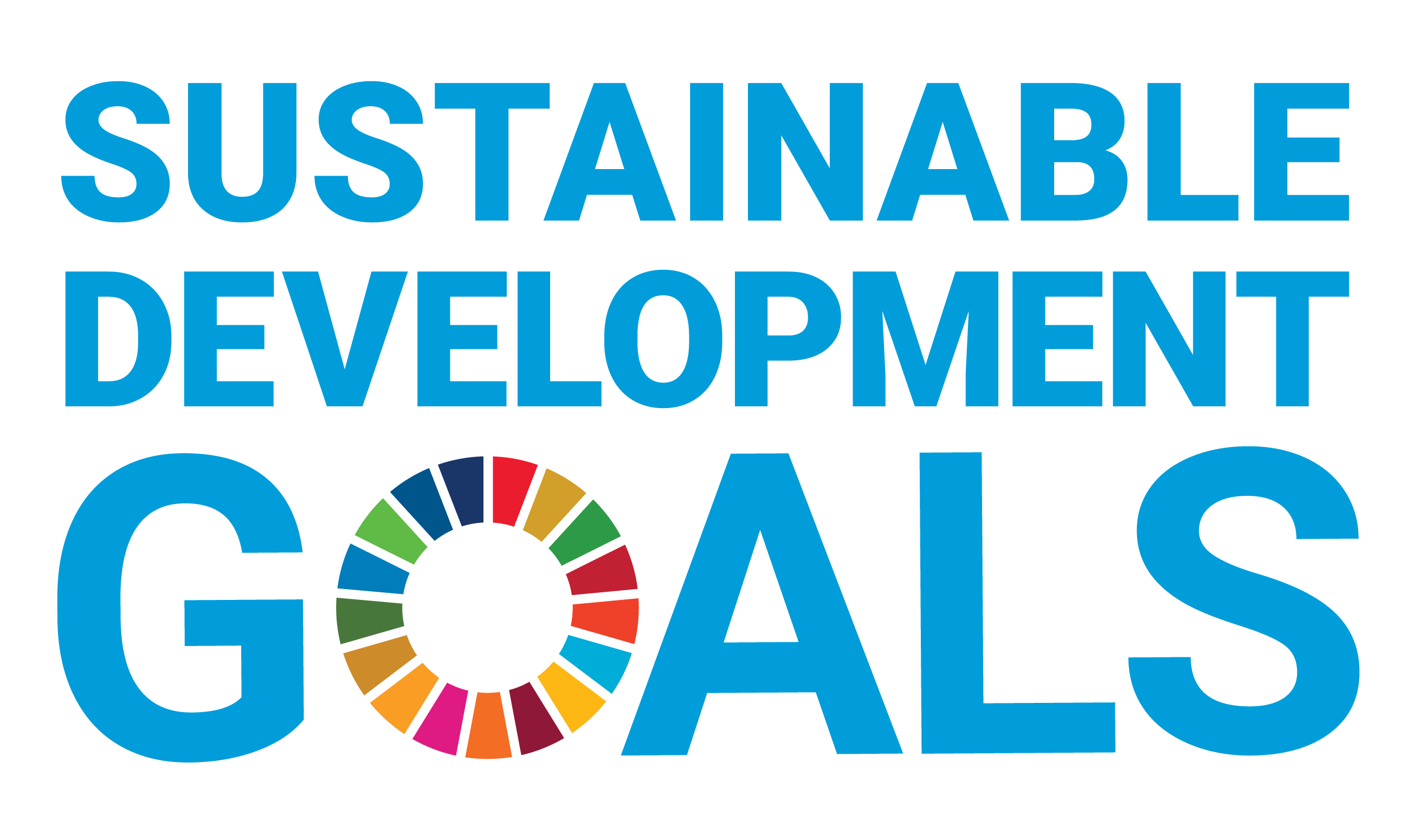National Multisectoral Governance Challenges of Implementing the Philippines' Reproductive Health Law
Document Type
Article
Publication Date
8-4-2021
Abstract
In recognition of the role of reproductive health in individual and national development; the Responsible Parenthood and Reproductive Health (RPRH) Law of 2012 was passed in the Philippines after 30 years of opposition and debate. Seven years later; this article examined the cohesiveness of national multi-sectoral governance among state and non-state actors and identified challenges in coordination as part of the first comprehensive evaluation of the landmark policy. Using a qualitative intrinsic case study design and guided by the World Health Organization's systems checklist for governing health equity as our theoretical perspective; we conducted 20 semi-structured interviews with national implementers from health agencies (n=11); non-health agencies (n=6) and non-state actors (n=3) that included civil society organizations (CSOs). Key themes identified through thematic analysis were supported with document reviews of policy issuances; accomplishment reports and meeting transcripts of the RPRH National Implementation Team (NIT). The study found that despite aspirations for vibrant multi-sectoral coordination; the implementation of the RPRH Law in the Philippines was incohesive. National leaders; particularly the health sector; were unable to rally non-health sector actors around RPRH nor strategically harness the power of CSOs. Local resource limitations associated with decentralization were exacerbated by paternalistic financing; coordination; and monitoring. The absence of multi-agency plans fostered a culture of siloed opportunism; without consideration to integrated implementation. This case study shows that even for neutral policies; the interest and buy-in of non-health state actors cannot be assumed. Moreover; possible conflicts in interests and perspectives between state and civil society actors must be managed. Overall; there is need for participatory policymaking and health-sector advocacy to set health equity as an intersectoral goal; involving subnational leaders in developing concrete action plans; and strengthening NIT's accountability systems.
Recommended Citation
Siy Van, V. T., Uy, J., Bagas, J., & Ulep, V. G. T. (2021). National multisectoral governance challenges of implementing the Philippines’ Reproductive Health Law. Health Policy and Planning, czab092. https://doi.org/10.1093/heapol/czab092



